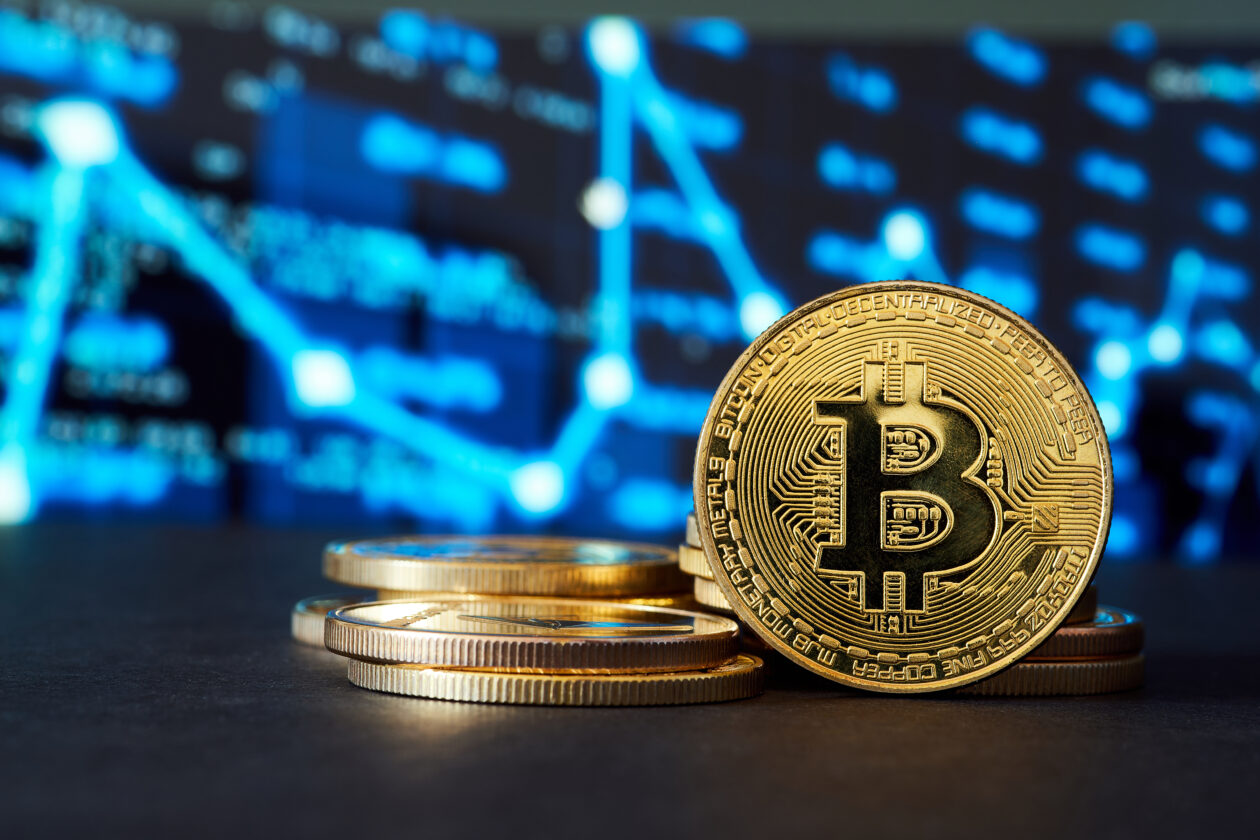CGKY News Hub
Your go-to source for the latest insights and trends.
BTC and the Quest for Digital Gold
Discover how Bitcoin is revolutionizing wealth with its quest for digital gold. Unearth insights that could change your financial future!
Understanding Bitcoin: The Digital Gold Revolution
Bitcoin, often dubbed as the digital gold, has revolutionized the way we think about currency and value in the digital age. Since its inception in 2009, Bitcoin has gained immense popularity as a decentralized cryptocurrency that operates on a peer-to-peer network. It allows for secure, anonymous transactions without the need for a central authority. This decentralization not only ensures greater transparency but also mitigates risks associated with inflation and government intervention, making it an appealing alternative to traditional fiat currencies. To learn more about the basics of Bitcoin, check out Investopedia's Bitcoin Guide.
The term digital gold stems from Bitcoin's limited supply, which is capped at 21 million coins, mirroring gold's scarcity and intrinsic value. As investors seek new avenues to hedge against economic uncertainty, Bitcoin has emerged as a valuable asset that transcends geographic limitations. It possesses attributes like divisibility, portability, and durability, which further bolsters its status as a hedge against inflation. For those interested in the economic implications and future potential of Bitcoin, the Forbes article on Bitcoin offers insightful perspectives.

Is Bitcoin the Future of Money? Exploring the Digital Gold Debate
As the world continues to embrace digital technology, the debate surrounding whether Bitcoin is the future of money intensifies. Advocates argue that Bitcoin, often referred to as digital gold, offers a decentralized and inflation-resistant alternative to traditional currencies. Its limited supply of 21 million coins provides a unique hedge against inflation, which has become increasingly relevant in today's financial climate. Additionally, proponents highlight the potential for Bitcoin to facilitate faster and cheaper cross-border transactions compared to traditional banking systems, making it an attractive option for global commerce.
On the other hand, skeptics point out the volatility and scalability issues associated with Bitcoin. Unlike fiat currencies, which are regulated and backed by central banks, Bitcoin's price can swing dramatically, leading to concerns about its reliability as a stable medium of exchange. Critics also argue that the current infrastructure may not be sufficient to support widespread adoption, as transaction times and fees can fluctuate significantly during peak usage periods. Ultimately, whether Bitcoin will solidify its status as the future of money remains uncertain, but it undeniably plays a significant role in the ongoing conversation about the evolution of currency and the financial system as a whole.
How BTC is Challenging Traditional Gold in the Quest for Store of Value
In recent years, Bitcoin (BTC) has emerged as a formidable challenger to traditional gold as a store of value. With its digital nature, limited supply capped at 21 million coins, and decentralized structure, BTC offers features that resonate with investors seeking an alternative to physical commodities. Unlike gold, which requires physical storage and can be subject to theft or loss, Bitcoin provides flexibility and ease of transfer, allowing for quick transactions across borders. Moreover, Bitcoin's performance during times of economic uncertainty has drawn comparisons to gold's historical role as a safe haven asset, strengthening its position as an investment vehicle.
Furthermore, as global financial systems grapple with inflation and currency devaluation, the appeal of Bitcoin as a store of value is becoming increasingly pronounced. Investors are searching for assets that can preserve purchasing power, and Bitcoin's rapid appreciation in recent years has caught the attention of institutional players and retail investors alike. While traditional gold has long been viewed as a stable investment, Bitcoin's unique characteristics, such as its programmability and growing adoption, signal a potential shift in how value is stored and perceived in the digital age. As this evolution continues, the competition between Bitcoin and gold will likely redefine what constitutes a reliable store of value in the modern financial landscape.